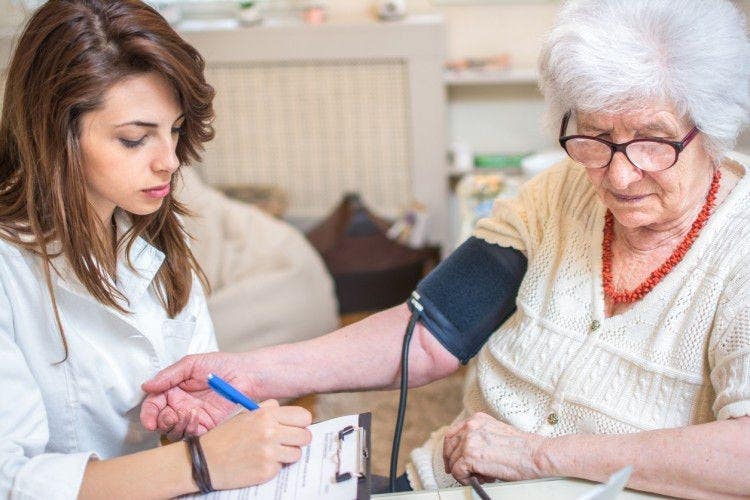Gerontology vs. Geriatrics: The High Demand in Health Care

The Importance of Elder Care Professionals
What Is Geriatrics?
What Is Gerontology?
Gerontology vs. Geriatrics: Highlighting the Differences
Pursuing a Career as an Adult-Gerontology Nurse Practitioner (AGNP)
Nurses interested in working with the elderly can pursue further education to become AGNPs, acting as primary caregivers to the elderly, diagnosing illnesses and, in some states, prescribing medication. An AGNP must be able to outline a primary care path for patients and leverage both clinical and nonclinical skills to make their lives easier. Among these skills are:
- Clinical. AGNPs must be able to complete clinical tasks such as performing emergency medical procedures, administering blood transfusions, and conducting procedures like catheterization.
- Communication. Conveying health updates and treatment plans to patients and their families with clarity, compassion, and consistency is an essential competency.
- Coordinating care. Patients with complex conditions need to have the different facets of their treatment coordinated to deliver the best possible care.
- Understanding the aging process. Humans age differently, but certain conditions are similar across patients. AGNPs must understand the physical and mental impacts of aging on their patients.
- Providing support and education. Understanding aging enables AGNPs to better advise and educate families about how their loved ones need to be cared for. Nurse practitioners may also help them come to terms with the aging process.
- Developing chronic illness treatment plans. AGNPs may have to deal with patients nearing the end of their lives or who have chronic illnesses that can’t be cured. Managing these illnesses is a crucial skill.
AGNPs may decide to become primary care nurse practitioners (AG-PCNP) or acute care nurse practitioners (AG-ACNP). AG-PCNPs typically provide initial health assessments, make referrals, and assist with patient health maintenance, in particular with patients with chronic illnesses. AG-ACNPs provide more advanced health assessments and treatment recommendations in acute care settings and carry out patient management duties, from admission to discharge.
According to October 2019 data from PayScale, AGNPs earn an average annual salary of around $89,000, with the top 10% earning as much as $108,000.
Entering the Field of Elder Care
Elder care requires dedicated personnel to understand patients’ needs and to deliver appropriate care. Graduates of Maryville University’s online Adult-Gerontology Acute Care Nurse Practitioner and online Adult-Gerontology Primary Care Nurse Practitioner programs receive specialized training in tending to the needs of their patients. Students will take courses such as:
- Evidence-Based Practice in Nursing
- Adult-Gerontology Acute Care Diagnosis and Management
- Health Care Policy
- Professional Role Development
Each of these imparts essential skills for future AGNPs. If you are ready to explore a career in elder care, explore the benefits of Maryville’s comprehensive and flexible online programs today.
Sources
The Guardian, “Older People on Medley of Medicines Risk Life-Threatening Harm”
Houston Chronicle, “Differences Between Geriatrician & Gerontologist”
PayScale, Average Adult-Gerontology Nurse Practitioner (AGNP) Salary
PayScale, Average Geriatrics Nurse Practitioner Salary
U.S. Bureau of Labor Statistics, Nurse Anesthetists, Nurse Midwives, and Nurse Practitioners